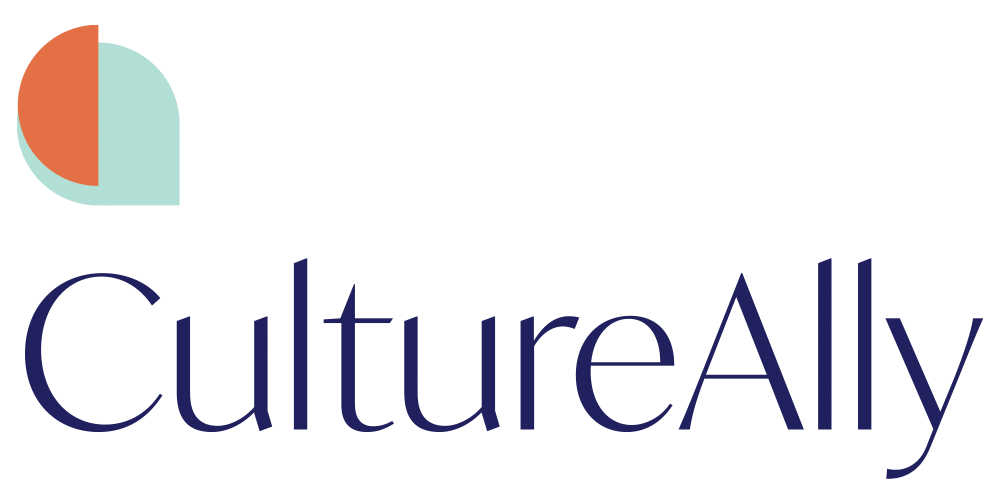International Holocaust Remembrance Day
Trigger Warning: This article discusses the Holocaust, genocide and anti-semitism.
January 27 has been made the official day of remembrance for the Holocaust, the anniversary of the liberation of Auschwitz-Birkenau. It is a day to honour and remember the 6 million victims that were murdered during the holocaust. This day also serves as a reminder of the dangers of hatred and prejudice and the importance of treating all individuals with dignity and respect, specifically anti-semitism. Especially when, in the current day, there is still anti-semitism in our society and media.
Learning about the Holocaust helps raise awareness around diversity as it highlights the experiences of marginalized groups who were targeted during the Holocaust, such as Jews, Roma, persons with disabilities and the LGBTQ+ community.
The Holocaust and Marginalized Communities
The Holocaust targeted marginalized communities; Jews, Romani people, members of the LGBTQ+ community, people with disabilities, and many other groups. The Holocaust was a systematic and industrialized persecution and extermination of these groups, which resulted in the murder of six million Jews and millions of others. Jews were the primary target of the Holocaust, where they were forced to live and work in concentration camps, leading to extermination camps.
Members of the LGBTQ+ community were often subject to medical experiments or murdered. People with disabilities were sent straight to their deaths and deemed unworthy of life. The Holocaust was a brutal and systematic attempt to eliminate entire groups of people based on their perceived differences.
In today’s society, people from these marginalized groups continue to fight for equitable treatment. That is why learning and honouring days of awareness can help to empower them and give them a voice in society, which is essential for creating lasting change and progress. While the holocaust happened over 70 years ago, the impacts of the holocaust can still be felt today.
The Role of Allyship and Bystanders
How can individuals take action to address discrimination and hate? There are many ways someone can take action to help address discrimination and hate.
Speak out against hate speech and discrimination: When individuals witness or hear hate speech or discriminatory behavior, it is important to speak out and challenge it. This can be done by calmly and respectfully expressing why the words or actions are unacceptable and encouraging others to do the same.
Educate yourself: Education is an important tool in the fight against discrimination and hate. By learning about different cultures, religions, and experiences, individuals can gain a deeper understanding of the issues and the impact of discrimination.
Be an ally: If you are not a member of a marginalized community, it is important to use your privilege to support and advocate for those who are. This can be done by listening to and amplifying the voices of marginalized communities and by standing in solidarity with them in the fight against discrimination and hate.
Support marginalized communities: One way to take action against discrimination and hate is to support marginalized communities. This can be done by volunteering, donating to organizations that support marginalized communities, or attending rallies or events that promote inclusion and equity.
These are just a few examples of ways that individuals can take action to address discrimination and hate, but there are many more. The most important thing is to stay informed, engaged and motivated to make a positive change in society.
Further Resources for International Holocaust Remembrance Day
Holocaust education is important because it can help prevent future atrocities by providing a historical context for understanding how such atrocities can occur and how they can be prevented. This includes understanding the dangers of antisemitism, racism, and other forms of discrimination, as well as the importance of standing up against prejudice and hate.
Here are some resources that can help you learn and further your knowledge:
Podcasts:
Articles:
How to Support your Jewish Colleagues Right Now (Harvard Business Review)
My Jewish Learning: The Holocaust (My Jewish Learning)
How we Make a Difference (JewishFederations.org)
Resources for the Jewish Community
Conclusion
It is crucial to acknowledge and honor International Holocaust Remembrance Day. This day serves as a reminder of the atrocities committed in the past, and it helps to ensure that they are not repeated in the future.
It serves as a reminder of the importance of human rights, genocide prevention and the role of education on awareness days. Remembering and honoring the Holocaust is an essential step in creating a more just and equitable society for all.



